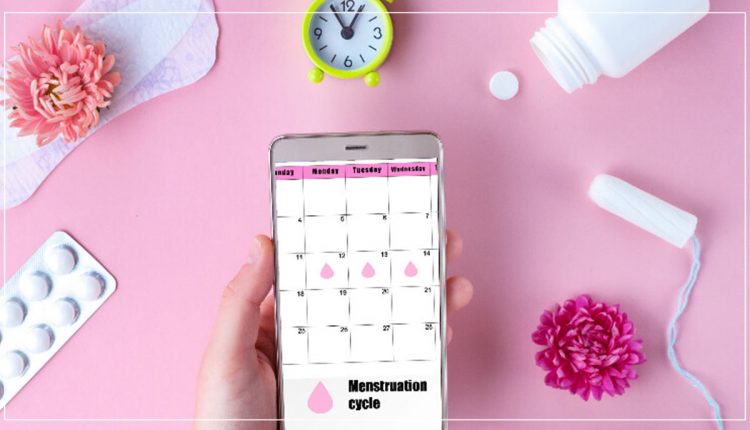
10 Mistakes Women Make During Periods
The societal stigma surrounding periods means that they are rarely given the importance they deserve on public health platforms. As a result, many of us are missing crucial instructions on how to take care of our bodies during this time of the month. Here’s a list of some common mistakes that women tend to make on their During Periods and what you can do to avoid them.
1. Getting Waxed
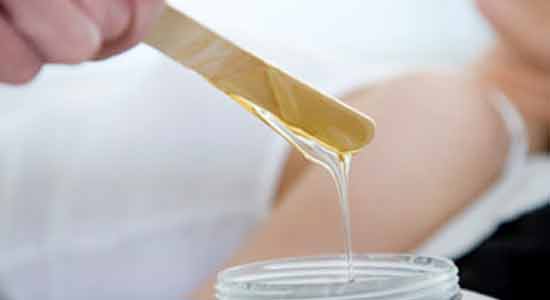
Due to changes in hormone levels during this time of the month, your skin becomes sensitive. Waxing when on your period is very painful and can leave your skin redder and more irritated than usual.
2. Not Keeping Track of Your Period
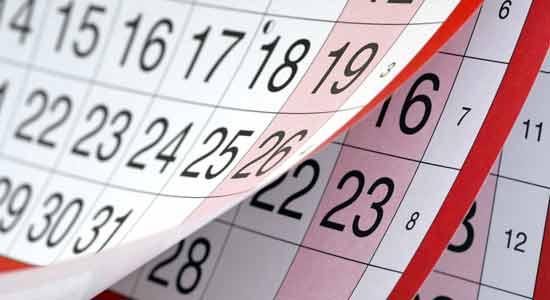
Keeping track of your menstrual cycle is not just important for women who are trying to conceive. Familiarizing yourself with the timing, blood flow and types and menstrual cramps you experience will make it easier for you to identify when something is awry. This can also help you be more in touch with your body. Know what emotions to expect in the upcoming weeks and to plan important events accordingly.
3. Not Paying Attention to the Blood
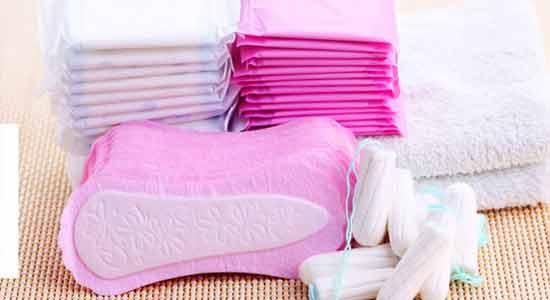
The color and texture of the menses blood are important indications of menstrual health, so don’t cringe away from observing it. Typically, your blood should be bright or dark red. Occasional clotting is also normal. Be sure to contact your doctor, however, if you observe abnormalities like heavy clotting or orange discharge. Orange discharge or orange with red streaks usually indicate an infection.
4. Using Scented Period Products
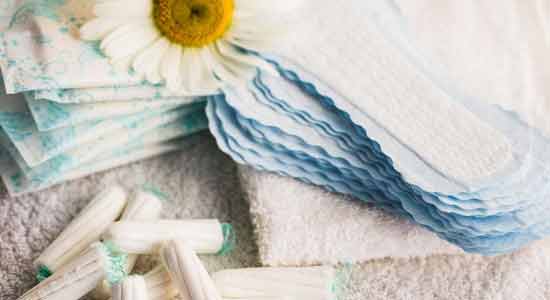
It’s understandable to want to mask light period odors with perfumed pads and tampons. Such scents, however, contain chemicals that can irritate the sensitive skin in that area. It’s better to clean your vagina frequently and safely yourself, using extremely mild products.
5. Forgetting to Wash Your Hands
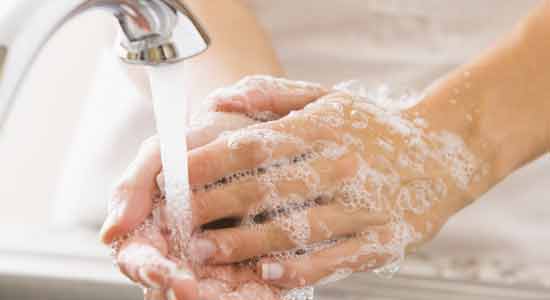
Most of women tend to wash their hands only after replacing their pad or tampon. It is equally, if not more, important to wash your hands before as well. Your vagina is more susceptible to infections during this time of the month and washing your hands frequently will reduce the risk of such infections.
6. Waiting to Take Pain-Killers until after the Cramps have Started

Research has shown that pain-killers are significantly less effective at countering cramps, if they’re consumed after the cramps have already begun. This is another reason why keeping track of your cycle is important—it enables you to anticipate when your periods will start and thus ward of the pain before it even has a chance to kick in.
7. Failing to Consume Enough Iron

High blood loss makes iron deficiency common among women on their periods. This can contribute to feelings of depression and lethargy. Make sure to replenish your supply by eating lots of iron rich foods such as red meat, eggs, beans, and dark leafy green vegetables like spinach.
8. Not Getting Enough Sleep
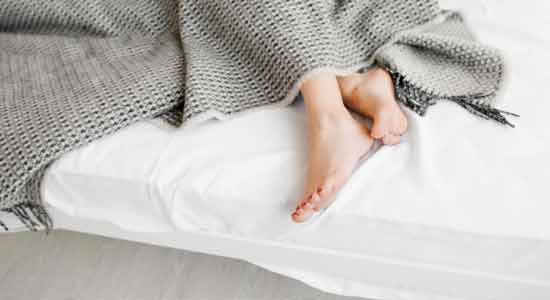
Getting sufficient sleep is always important, but it’s especially so during menstruation, when your body is already working overtime. Insufficient rest will only exacerbate unpleasant During Periods symptoms such as anxiety, irritability, cramps, and laziness.
9. Not Changing Your Pad or Tampon Frequently Enough
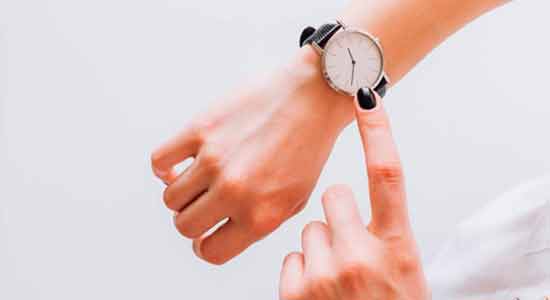
Pads and tampons provide ideal environments for microorganisms to grow. As a rule of thumb, change your pad or tampon every three or four hours, just to be safe.
10. Drinking Too Much Caffeine and Too Little Water

Staying hydrated is important in reducing bloating and cramps. Even if you feel bloated, make sure you’re still drinking enough water while you’re on your period. As a diuretic, caffeine causes dehydration and increased cramping. It also worsens anxiety and period discomfort During Periods.

